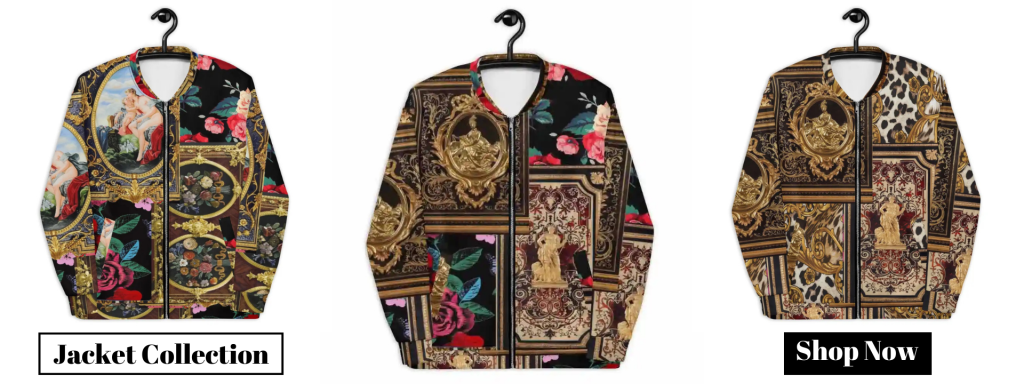
When it comes to choosing the perfect lightweight jacket, the fabric plays a crucial role in ensuring comfort, durability, and functionality. Whether you’re braving a brisk morning walk, traveling, or layering up for a night out, the fabric of your jacket can determine how well it performs in various weather conditions and how it complements your personal style. Understanding the different fabric options available for men’s lightweight jackets is key to selecting the right one for your needs. In this article, we’ll explore the best fabric choices for lightweight jackets, highlighting the benefits and features of each.
1. Nylon: Lightweight, Durable, and Water-Resistant
Why Choose Nylon?
Nylon is one of the most popular fabric choices for lightweight jackets due to its excellent balance of strength and lightness. It is known for being durable, resistant to abrasions, and highly water-resistant, making it a great choice for unpredictable weather. This fabric is often used in windbreakers, rain jackets, and activewear, as it offers reliable protection against wind and rain without weighing you down.
Benefits of Nylon Jackets:
- Water-resistant: Many nylon jackets are treated with a water-repellent coating, keeping you dry in light rain.
- Durable and long-lasting: Nylon resists wear and tear, making it ideal for outdoor adventures.
- Quick-drying: If you do get caught in the rain, nylon dries quickly, so you won’t stay soaked for long.
- Lightweight: Despite its strength, nylon remains very light, making it easy to pack or layer.
Best For:
Nylon jackets are perfect for casual wear, traveling, or outdoor activities like hiking and cycling.
2. Polyester: Versatile, Breathable, and Comfortable
Why Choose Polyester?
Polyester is another popular synthetic fabric often used in lightweight jackets. Known for its versatility and comfort, polyester can be made into various types of fabrics, from smooth and shiny to soft and brushed. It’s breathable, moisture-wicking, and resistant to wrinkles, which makes it an excellent choice for jackets designed for all-day wear.
Benefits of Polyester Jackets:
- Breathable: Polyester is known for its moisture-wicking properties, keeping you comfortable in mild weather by allowing sweat to evaporate.
- Resistant to Shrinking and Wrinkling: Polyester jackets tend to maintain their shape and resist wrinkles, making them great for travelers.
- Quick-drying: Like nylon, polyester dries fast, preventing you from staying damp for long.
- Lightweight: Polyester is light and flexible, perfect for layering or wearing in transitional weather.
Best For:
Polyester jackets are great for activewear, casual outings, and day trips, providing a comfortable and easy-to-care-for option for everyday wear.
3. Cotton: Soft, Breathable, and Comfortable for Mild Weather
Why Choose Cotton?
Cotton is a natural fabric that is soft, breathable, and comfortable, making it a great option for lightweight jackets worn in milder climates. While not as water-resistant or durable as synthetic fabrics like nylon or polyester, cotton offers a casual, laid-back feel that’s perfect for cool but dry days.
Benefits of Cotton Jackets:
- Soft and breathable: Cotton is known for being gentle on the skin, making it ideal for all-day wear.
- Comfortable for mild weather: Cotton is perfect for wearing in mild temperatures, offering comfort without feeling too heavy or restrictive.
- Eco-friendly: As a natural fabric, cotton is biodegradable and generally more environmentally friendly than synthetic materials.
- Easy to care for: Cotton is typically machine washable and requires little maintenance to keep it looking fresh.
Best For:
Cotton jackets are ideal for casual wear, especially during spring and fall when the weather is cool but not too harsh. They’re great for everyday activities like running errands or meeting friends for coffee.
4. Wool: Warm, Insulating, and Stylish
Why Choose Wool?
Wool is a natural fiber known for its insulating properties, making it perfect for lightweight jackets worn in colder months. Though heavier than nylon or polyester, wool is still lightweight enough for layering and provides excellent warmth without bulk. Wool is also naturally moisture-wicking, which helps regulate temperature and keep you dry.
Benefits of Wool Jackets:
- Insulating: Wool traps air in its fibers, providing warmth even in chilly conditions.
- Moisture-wicking: Wool naturally absorbs moisture and allows it to evaporate, keeping you dry and comfortable.
- Durable and long-lasting: High-quality wool is durable and resists pilling and stretching, ensuring your jacket holds up over time.
- Timeless and stylish: Wool jackets often have a refined look, making them suitable for both casual and smart occasions.
Best For:
Wool jackets are perfect for cooler weather and transitional seasons like autumn and winter. They can be worn for outdoor events, casual outings, or even more formal occasions.
5. Ripstop Fabric: Resistant to Tears and Abrasions
Why Choose Ripstop?
Ripstop fabric is a synthetic material that is reinforced with a grid pattern, making it highly resistant to tearing and abrasion. This fabric is often used in military gear, outdoor jackets, and sports apparel. Ripstop jackets are lightweight, durable, and ideal for tough outdoor activities where durability is key.
Benefits of Ripstop Jackets:
- Highly durable: Ripstop fabrics are specifically designed to resist tears and abrasions, making them perfect for rugged activities.
- Lightweight: Despite their durability, ripstop fabrics remain lightweight and easy to wear.
- Weather-resistant: Many ripstop jackets are treated with a water-repellent finish, offering protection against light rain and wind.
- Breathable: Ripstop fabrics are breathable, ensuring comfort during physical activities.
Best For:
Ripstop jackets are ideal for outdoor adventures, such as hiking, camping, and trekking, where durability and resistance to damage are essential.
6. Softshell Fabric: Flexible, Weather-Resistant, and Comfortable
Why Choose Softshell?
Softshell fabric is a flexible, stretchy material designed to offer both comfort and weather resistance. It’s often used in lightweight jackets that are designed for active pursuits, as it allows for a full range of motion while protecting against light rain and wind. Softshell jackets are typically warmer than some other lightweight options, making them a good choice for cooler temperatures.
Benefits of Softshell Jackets:
- Stretchy and flexible: Softshell jackets allow for ease of movement, making them perfect for active use.
- Wind and water-resistant: Softshell fabrics are designed to repel wind and light rain, keeping you comfortable in a variety of conditions.
- Breathable: Softshell jackets provide ventilation, preventing you from getting overheated during strenuous activities.
- Comfortable: The fabric is soft and feels comfortable against the skin, making it ideal for long hours of wear.
Best For:
Softshell jackets are great for outdoor activities like hiking, climbing, or cycling, as they provide a balance of protection and comfort in cooler or variable weather.
7. Down and Synthetic Insulation: Light and Warm for Cold Weather
Why Choose Insulated Fabrics?
For those seeking warmth without bulk, down and synthetic insulation offer the best of both worlds. These materials provide lightweight warmth by trapping heat in small pockets, making them ideal for jackets that need to be warm but also easy to pack and wear. Down insulation is natural and highly effective, while synthetic options offer similar benefits with the added advantage of being moisture-resistant.
Benefits of Insulated Jackets:
- Lightweight warmth: Both down and synthetic insulation are lightweight and provide warmth without the bulk.
- Compressible: These jackets can be packed down to a small size, making them ideal for travel.
- Versatile: Insulated jackets are great for colder weather and work well as mid-layers during outdoor activities.
- Quick-drying: Synthetic insulation, in particular, dries faster than down when exposed to moisture.
Best For:
Insulated jackets are perfect for colder months, winter travel, or outdoor adventures in chilly conditions. They provide warmth while remaining light enough for layering.
Conclusion
When selecting a lightweight jacket, the fabric is a crucial factor that determines its performance and suitability for your needs. Whether you’re looking for something water-resistant, breathable, or insulating, there are various fabric choices to suit every climate and activity. By considering factors like durability, comfort, and weather protection, you can choose the right fabric for your jacket to ensure it meets both your style and practical needs. From nylon and polyester for versatility to wool and down for warmth, understanding the benefits of each fabric will help you make an informed decision and enjoy your lightweight jacket for years to come.
-
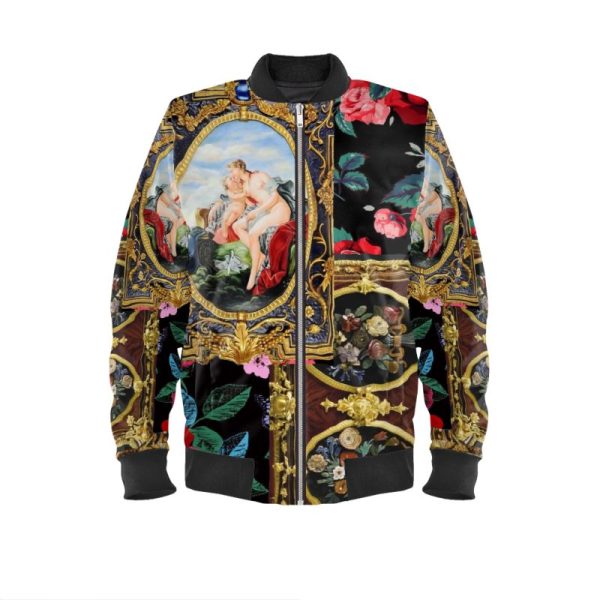 Satin Designer Bomber Jacket$448
Satin Designer Bomber Jacket$448 -
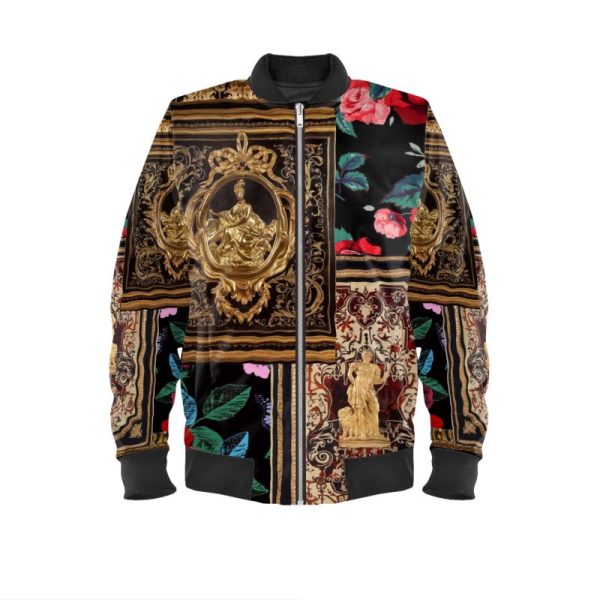 Satin Designer Bomber Jacket$448
Satin Designer Bomber Jacket$448 -
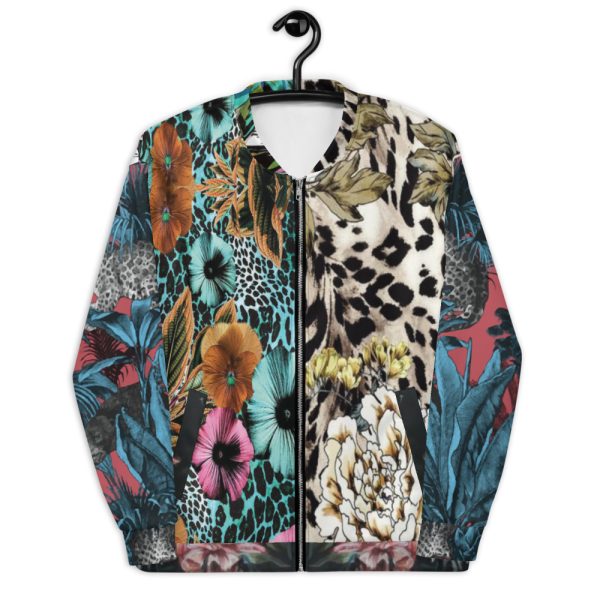 Bomber Jacket | Designer Luxury For Women & Men | Navy Blue Floral Red Turquoise$158
Bomber Jacket | Designer Luxury For Women & Men | Navy Blue Floral Red Turquoise$158 -
 Bomber Jacket | Designer Luxury For Women & Men | White Gold$158
Bomber Jacket | Designer Luxury For Women & Men | White Gold$158 -
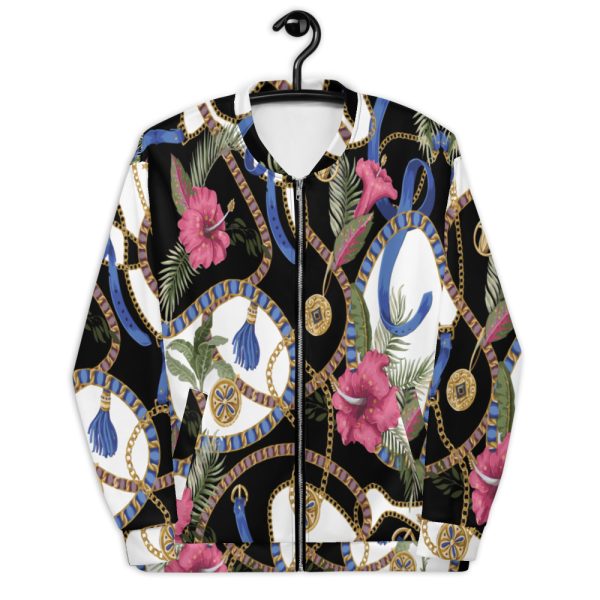 Bomber Jacket | Designer Luxury For Women & Men | Floral White Black$158
Bomber Jacket | Designer Luxury For Women & Men | Floral White Black$158 -
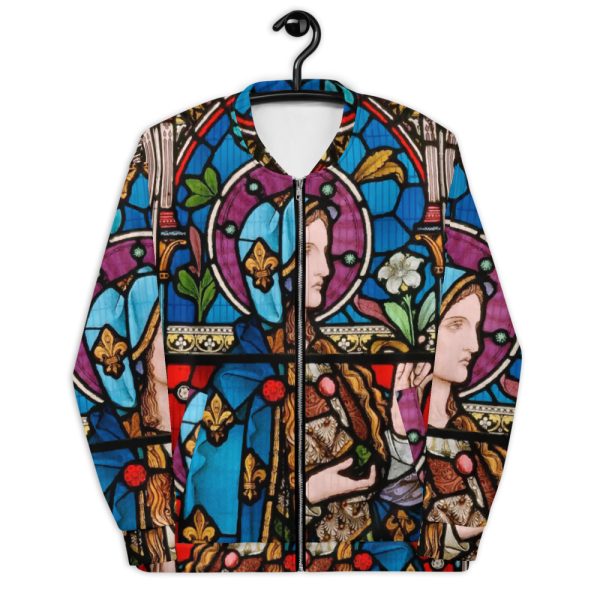 Bomber Jacket | Designer Luxury For Women & Men | Blue Purple Gold$158
Bomber Jacket | Designer Luxury For Women & Men | Blue Purple Gold$158 -
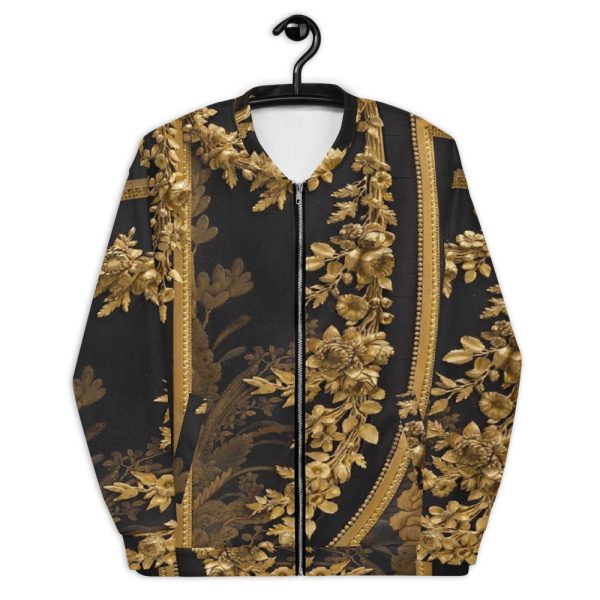 Bomber Jacket | Designer Luxury For Men & Women | Black Gold Baroque$158
Bomber Jacket | Designer Luxury For Men & Women | Black Gold Baroque$158 -
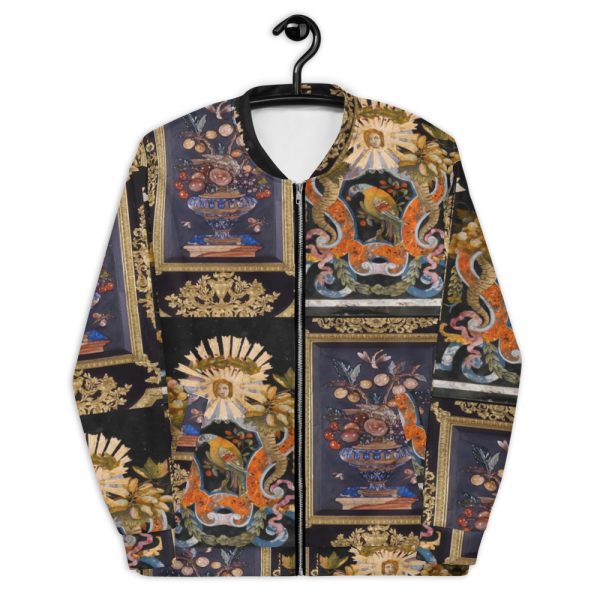 Bomber Jacket | Designer Luxury For Women & Men | Black Gold$158
Bomber Jacket | Designer Luxury For Women & Men | Black Gold$158 -
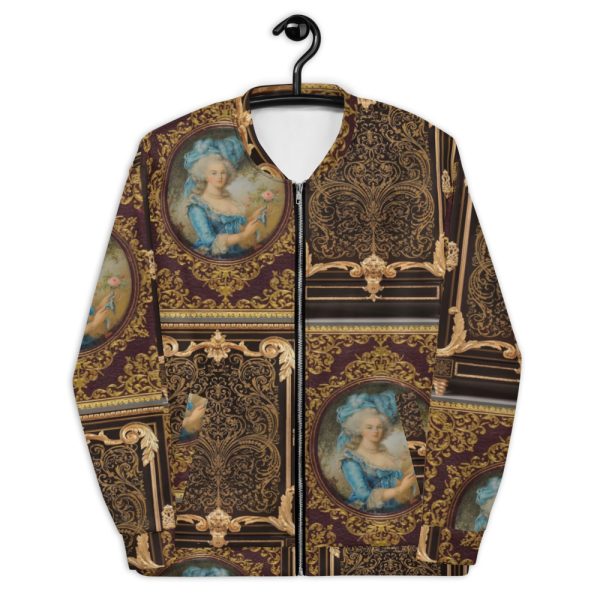 Bomber Jacket | Designer Luxury For Women & Men | Gold$158
Bomber Jacket | Designer Luxury For Women & Men | Gold$158